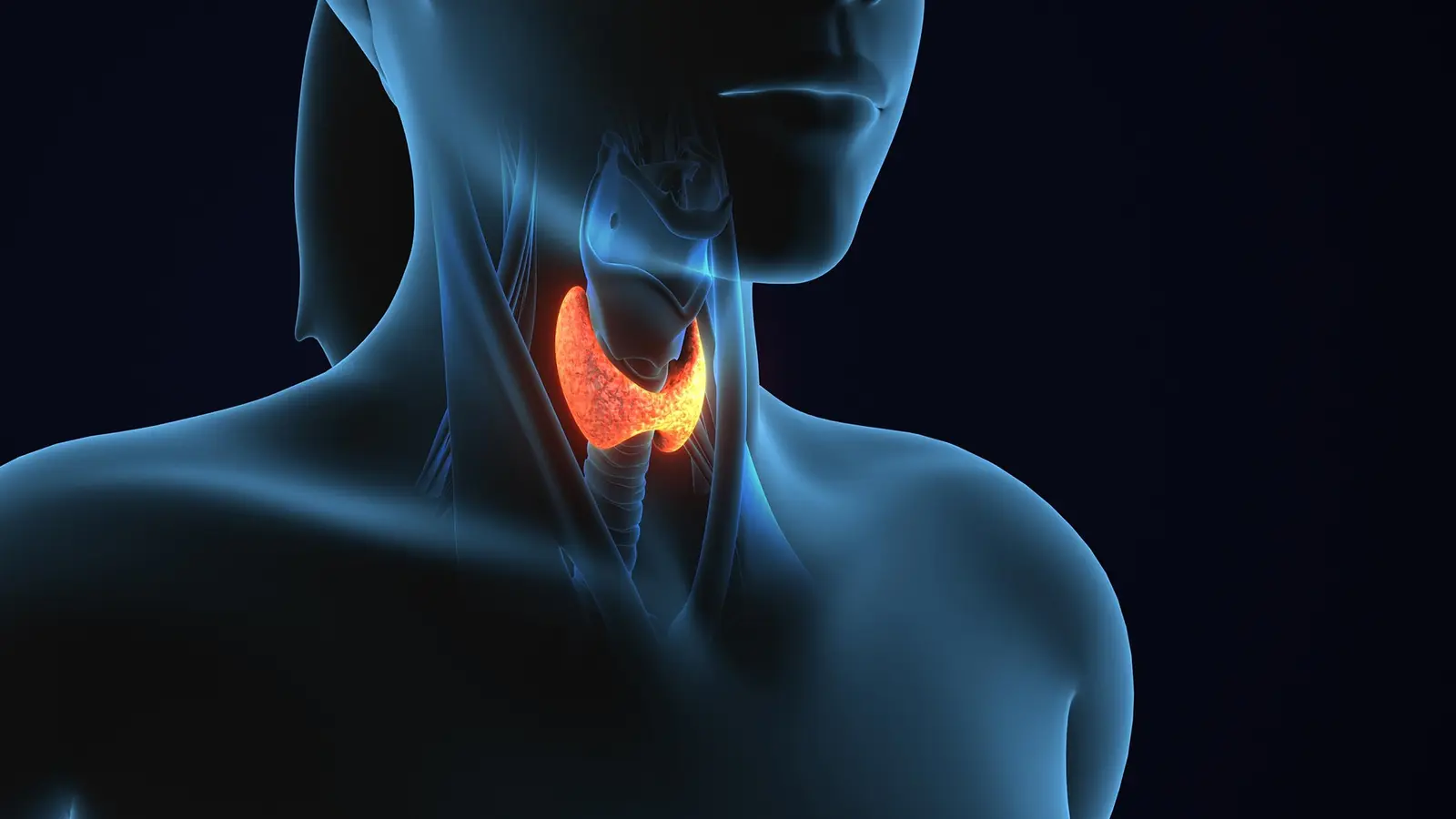3 Minutes
New large-scale research links ongoing maternal thyroid hormone imbalance during pregnancy with an increased chance of autism in children. The study, which analyzed more than 51,000 births, finds that the longer thyroid dysfunction persists across trimesters, the higher the observed risk—while well-managed thyroid conditions did not raise autism rates.
Large dataset, clear pattern
Published in The Journal of Clinical Endocrinology & Metabolism, the study examined clinical records from over 51,000 births to track maternal thyroid status across pregnancy. Researchers found that women with persistent thyroid hormone irregularities—especially when untreated—had a greater likelihood of having offspring later diagnosed with autism spectrum disorder (ASD).
The team also reported a dose-response pattern: risk rose as thyroid disruption continued into multiple trimesters, suggesting cumulative exposure matters. Importantly, mothers whose chronic thyroid dysfunction was treated and kept within normal hormone ranges did not show the same elevated risk.

Why thyroid hormones matter for fetal brain wiring
Thyroid hormones (mainly thyroxine, or T4) are essential regulators of early brain development. During the first half of pregnancy the fetus depends largely on maternal thyroid hormone crossing the placenta to support neuronal migration, synapse formation and other neurodevelopmental processes. Disturbances in this hormonal environment can lead to atypical neural development, which prior studies have linked to cognitive and behavioral differences, including ASD.
What clinicians and expectant parents should know
These findings strengthen the case for proactive thyroid screening and management during pregnancy. The researchers emphasize routine monitoring across trimesters and timely adjustment of therapy if levels fall outside recommended ranges.
- Early testing: screen for thyroid-stimulating hormone (TSH) and free T4 at the first prenatal visit.
- Repeat checks: monitor hormone levels through each trimester, especially if previous tests were abnormal.
- Treat and track: when hypothyroidism or other dysfunction is diagnosed, appropriate levothyroxine dosing and follow-up can restore normal levels.
- Collaborative care: obstetricians, endocrinologists and primary care providers should coordinate management plans.
Expert perspective
Idan Menashe, Ph.D., of Ben-Gurion University, who co-authored the study, summarized the clinical takeaway: “While effectively treated chronic thyroid dysfunction did not show a higher autism risk, ongoing imbalance across multiple trimesters did—underscoring the need for routine monitoring and timely therapy adjustments throughout pregnancy.”
For expectant parents and clinicians, the message is practical: maintaining stable, normal maternal thyroid hormone levels across pregnancy is a modifiable factor that may reduce neurodevelopmental risk. Regular testing and carefully managed treatment offer a straightforward opportunity to support fetal brain development.
Source: scitechdaily


Leave a Comment